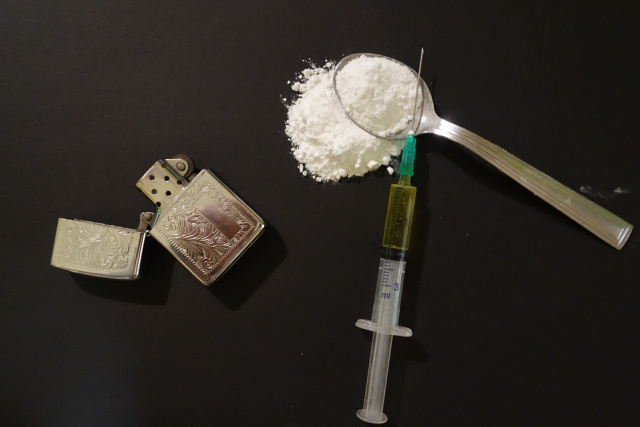OHIO – Economic stimulus checks meant to aid in the recovery of the COVID-19 pandemic contributed significantly to the record surge in Americans who died of opioid overdoses, according to a study by the Ohio Attorney General’s Center for the Future of Forensic Science.
The Ohio Attorney General’s peer-reviewed study, titled “COVID-19 Economic Impact Payments and Opioid Deaths,” has been accepted for publication by the International Journal of Drug Policy for its April 2022 volume.
“The link between pandemic relief money and opioid overdose deaths is now evident,” Yost said. “The intent was to help Americans navigate this deadly pandemic but it also fueled a tidal wave of overdoses.”
The study, using data from the Ohio Department of Health, found that spikes in opioid-related overdose deaths during the second quarter of 2020 coincided with delivery of federal stimulus checks to the public.
In the second quarter of 2020, more Ohioans died of opioid overdoses than at any point since 2010.
Throughout the country, that second quarter of 2020 marked the beginning of an especially grim year for opioid-related deaths, according to the Centers for Disease Control (CDC). From April 2020 to April 2021, more than 100,000 Americans died of opioid overdoses, the most recorded in a 12-month period since the CDC began publicly tracking opioid epidemic in 1999 and a 28% increase over the 78,056 deaths during the same period the previous year.
The study was conducted by a team led by Dr. Jon Sprague, Director of Science and Research for the Ohio Attorney General’s Office and the Bureau of Criminal Investigation Eminent Scholar at Bowling Green State University.
An online version is available here.
The authors found that the convergence of the COVID-19 pandemic with the opioid epidemic created a “perfect storm” for people with opioid addictions, whose stressors were aggravated by social isolation, loss of income, decreased access to medication treatment for opioid use disorder, and other pandemic influences.
The introduction of economic-assistance payments facilitated substance abuse and increased overdose deaths.
“Throwing money at a problem isn’t always the best solution,” Yost said. “Let the data be the guide to learn from the past. Addiction is a sickness you can’t cure with just cash.”











